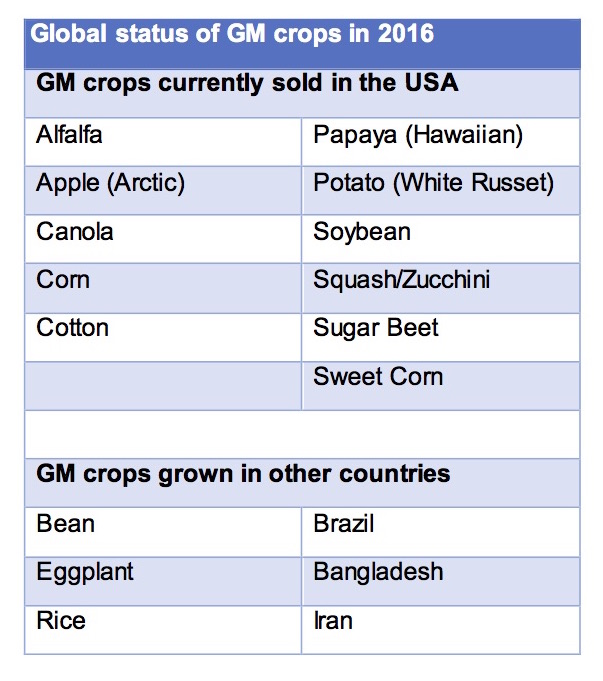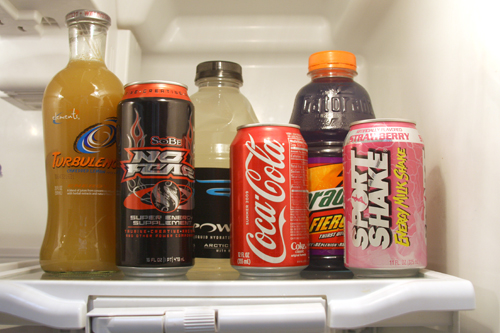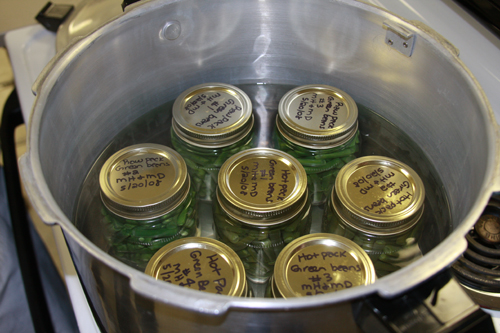The holiday season is a time for family, tradition and food. But many don’t think about the increased risk for food poisoning the season also ushers in.
As much as 25 percent of the general population will get food poisoning within the next six months, said Joseph Frank, a food scientist with the University of Georgia College of Agricultural and Environmental Sciences.
Plan ahead
When it comes to food, timing is everything, especially with large pieces of meat like turkey. “The biggest issue is that people underestimate the time it’s going to take to thaw out a bird,” Frank said.
The safest way to thaw a turkey is in the refrigerator. Depending on refrigerator size and temperature, thawing the bird may need to start three to four days before cooking.
Don’t thaw a turkey at room temperature. The meat could thaw to room temperature with the bird’s inside still frozen. Bacteria can then grow on the turkey’s surface. If you’re short on time, thaw it in cold water. But even that can take a long time, he said.
Another good rule is to prepare salads before meats to limit the spread of bacteria. Around the holidays, however, it may seem more practical and efficient to prepare the meat first.
“It’s a matter of separating the raw-meat handling processes from all other food preparation,” he said. “The separation should occur both physically and in time.”
When traveling with food, consider the time between when food is cooked and when it’s eaten. It shouldn’t be more than four hours. If longer, transport the food cold in a cooler and reheat or cook it when you arrive at your destination.
Be aware
Handling raw meat makes contamination easy. Don’t wash raw turkeys in the sink. Splashing water can easily spray bacteria, such as salmonella and campylobacter, onto countertops. Turkeys are washed at the plant. Simply removing the giblet packet and placing the bird in the cooking pan is enough, Frank said.
Be sure to use separate cutting boards, plates and utensils when cooking. While heat kills harmful bacteria on the meat, bacteria remains on anything the raw meat touched. Cross-contamination is a common problem with meat.
Hand washing and cleaning surfaces is also an effective way to prevent cross-contamination. The U.S. Department of Agriculture recommends washing hands with warm, soapy water for 20 seconds before and after handling food.
“You can never wash your hands too much,” Frank said. Salmonella can stay around for days or weeks after contamination. Clean countertops well.
Temperature is key
Use a thermometer when cooking meats. Not even the best cooks can tell if something is completely done just by looking at it, he said. The USDA recommends a minimum internal temperature of 165 degrees Fahrenheit for whole turkeys (IsItDoneYet.gov).
Frank also dispels the common myth of not putting hot food in the refrigerator.
“It’s best to put food in the fridge right away,” he said. “Waiting for food to cool at room temperature before putting it in the fridge is totally wrong.” He attributes this falsehood to the days before refrigerators when warm food in the icebox would melt all of the ice. That’s no longer an issue with electric refrigerators.
Storing leftovers
Save food properly. Put up leftovers as soon as everyone has eaten. Doing it an hour later after conversation is too late. Food left sitting out becomes a breeding ground for bacteria.
“The biggest mistake people make is storing their food in a large mass, because when you put it in the fridge it might take 12 hours for that to cool,” Frank said. Separate leftovers into small portions.
Bacteria can grow in the refrigerator. Most cooked food can last in the refrigerator for five to seven days, but don’t keep raw foods more than three days.
If you have a lot of leftovers, it may be a good idea to put them in the freezer where they can last for several weeks – or more if using a vacuum sealer. “I have a food vacuum system that will keep (food fresh) for months in the freezer,” Frank said.
Little acts can go a long way. Although it’s important to be conscious of contamination, don’t go overboard. “I do pretty much the standard stuff,” Frank said. “I’m not that worried about it.”






